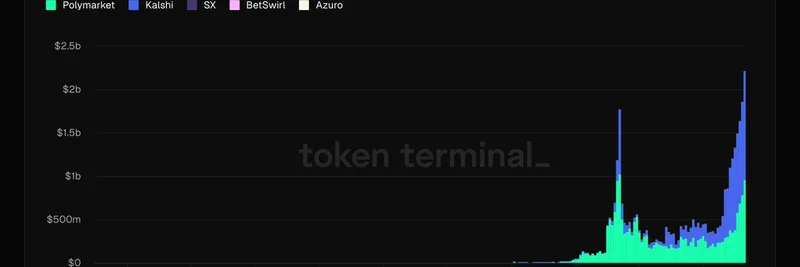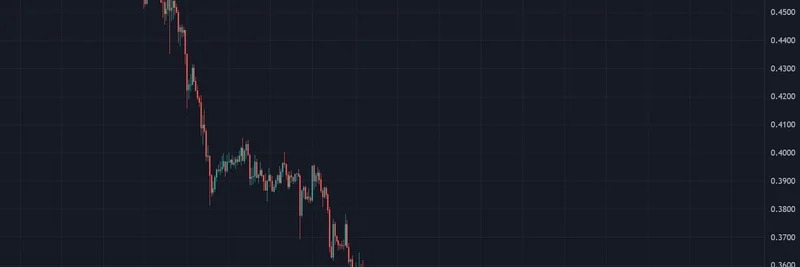In the ever-evolving world of cryptocurrency, stablecoins continue to play a pivotal role, providing the stability needed for trading volatile assets like meme tokens. A recent clip from The Rollup podcast, shared by @therollupco, features Carl Vogel (@CarlKVogel), a General Partner at 6th Man Ventures, shedding light on what could drive stablecoins to achieve trillions in supply.
The Stablecoin Wars and Regulatory Landscape
The episode, titled "STABLED UP EP 2: Carl and Bhau on CFTC, Tether & the Stablecoin Wars," brings together Carl Vogel and Bhau, Co-Founder of Paxos, to discuss pressing issues in the stablecoin space. Paxos is known for issuing regulated stablecoins like USDP, positioning itself as a compliant alternative to giants like Tether (USDT). The conversation touches on regulatory bodies like the CFTC (Commodity Futures Trading Commission), which oversees derivatives and could influence stablecoin classifications.
Stablecoins are digital assets pegged to fiat currencies, like the US dollar, making them essential for liquidity in decentralized finance (DeFi) and meme token trading. With meme tokens often experiencing wild price swings, stablecoins act as a safe haven for traders to park their funds.
Private Credit: The Underdiscussed Catalyst
In the highlighted clip, Carl emphasizes private credit as a "dark horse" factor that could exponentially grow stablecoin adoption. Private credit refers to lending arrangements outside traditional banking systems, often involving high-yield loans to businesses or individuals. In the blockchain context, this could mean using stablecoins as collateral or funding mechanisms for real-world assets (RWAs).
Carl states: "The one that's probably the biggest dark horse that I feel like people don't talk about enough is private credit." This insight suggests that as private credit markets integrate with blockchain technology, stablecoins could see massive inflows. For instance, tokenizing private loans on platforms like Ethereum could unlock trillions in value, providing better liquidity and accessibility compared to conventional finance.
Implications for Meme Tokens and Blockchain Practitioners
For meme token enthusiasts and blockchain developers, this growth in stablecoins means more robust infrastructure. Higher stablecoin supply could lead to deeper liquidity pools on decentralized exchanges (DEXs) like Uniswap or Raydium, where many meme tokens thrive. It also opens doors for innovative DeFi protocols that blend meme culture with yield-generating strategies backed by private credit.
Imagine a world where meme token holders can earn yields by lending their stablecoin holdings into private credit funds tokenized on-chain. This not only enhances the utility of meme tokens but also attracts institutional investors, potentially stabilizing the often chaotic meme market.
Community Reactions and Broader Context
The tweet has garnered attention, with one reply calling private credit the "sleeper rocket booster." This sentiment echoes the potential for explosive growth. As regulations evolve, with entities like the CFTC scrutinizing stablecoins, compliant players like Paxos may gain an edge over offshore issuers like Tether.
To dive deeper, check out the full episode on The Rollup's YouTube channel or listen on Spotify and Apple Podcasts. Staying informed on these developments is crucial for anyone in the blockchain space, especially those dabbling in meme tokens.
By understanding forces like private credit, practitioners can better position themselves in the next wave of crypto innovation. What do you think—will private credit be the game-changer for stablecoins? Share your thoughts in the comments!



